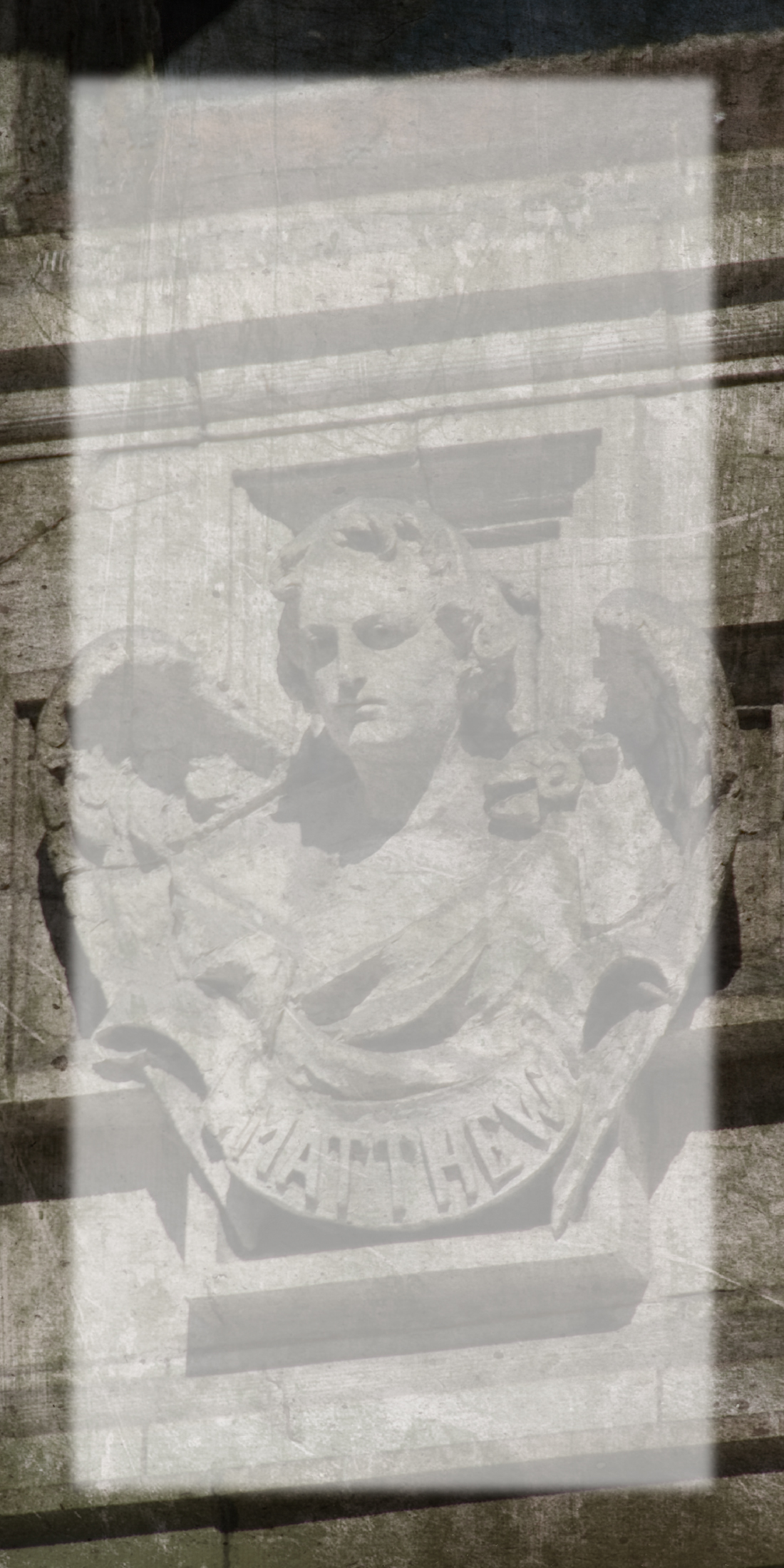The Ancient Greeks were big on ideas; the Romans, in their way, inherited that love, along with much else. When we think of Classical Athenians, we should think of people who appreciated the irony of gods that were fallible and, more than that, were able to see the gods, much as we do, as extremely useful psychological concepts. Much of their religion, we may imagine, had to with specific actions at specific times, and the calm that those repeated actions might bring.
With the Romans, this devotion to actions, or rituals, became ever more secular. The cosmopolitan Romans loved to import culture, and that included religion. Eastern rites flourished at Rome, from the early days of the Republic to the last days of the Empire. One cult in particular, that of Cybele, also known as Magna Mater, was particularly strong, its temple on the Palatine a short stone’s throw from the Emperor Augustus’ palace. Cybele’s rituals, with its raucous Phrygian tambourine and cymbal, devotees going into trances, and priests who performed self-castration, resonated with the poets who were trying to invent a new kind of literature. The story of Cybele’s ill-fated boyfriend, Attis, is the subject of a long poem by Catullus. Cybele also features frequently in the poetry of the Augustan poet, Sextus Propertius (c. 55-15 BCE), often to give an example of the kind of turbulent, violent emotion Propertius describes in his love poems to Cynthia.
In this context, it is interesting to think of how the afterlife functioned in Roman poetry; this may give us some ideas as to how it functioned as well in Roman life, at least in the lives of the cultured readers of poetry at that time. If we think of the Greek and Roman mythological world as a construct, a rich and beautiful palace with many fascinating rooms and categories of pleasure and impulse, then we may be able to gauge somewhat the Greek and Roman attitude to death as well. The afterlife, for Greeks and Romans, was mainly nothing. It was neither pleasure nor pain, but an eternity of ineffectuality. One of the most moving sections of the Odyssey is when Odysseus encounters Achilles in the underworld, and the great hero Achilles, who killed Hector and helped bring down Troy, says to him, “I would rather be a slave on earth than king of the underworld.” That insight is so valuable — and so tied to life on earth, not in some putative afterlife.
Thinking in this way, the underworld is neither frightening nor gloomy — it is simply boring. If consciousness continues after life, it will be conscious mainly of its missing ability. It is in this light, I believe, that we should look at the references to the underworld in the poetry of Propertius — death is significant not for what it will bring to the deceased but for what it says to the living.
One poem in particular seems indicative of Propertius’ attitude: the 27th poem of his second book of poems. He begins with rhetorical questions, implying it is useless for humans to attempt to know the future. He extends this, by way of example, into specifically war-related realms. As often in his poetry, Propertius contrasts his own path in life, that of the lover, with the violent, militaristic path of the traditional Roman. “Only the lover,” claims Propertius, “knows when he will die and from what/cause, and he fears neither Boreas’ blasts nor war.” He does not mean that the lover (or love poet) is any better at seeing into the future than other humans (though he does elsewhere claim special powers for the love poet). He means that storms and war do not affect the lover; what affects him, what could “kill” him, is the loss of his lover, either through death or disaffection, and he knows for certain what will cause that “death.”
The end of Propertius’ poem is muted and unpredictable:
Though the oarsman already sits in the Stygian reeds,
and he sees the gloomy sails of the infernal bark:
if only the whisper of his girlfriend calling would summon him,
he would make the journey back, obedient to no law.
(2.27.13-16)

